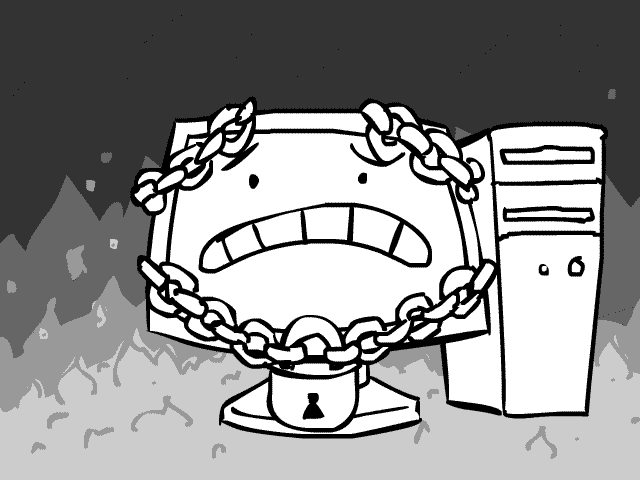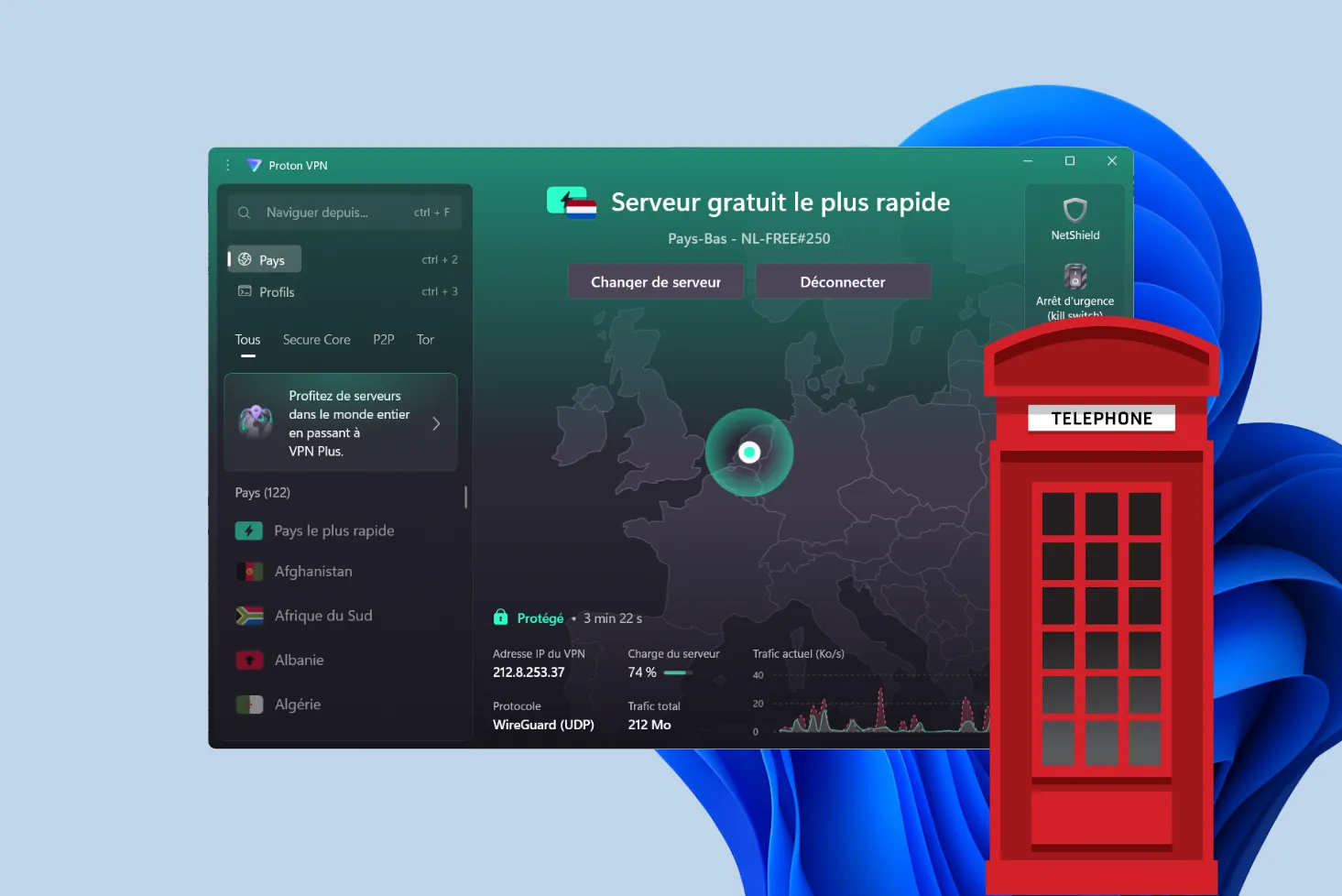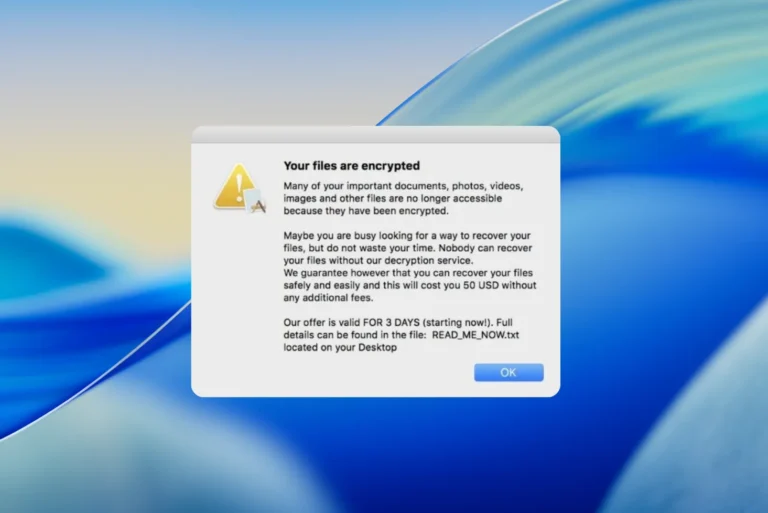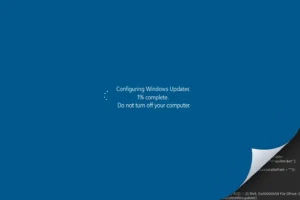For years, the idea that a paid-for antivirus is essential to protect a computer against viruses and cyberthreats has been taken for granted. Anxious advertising, security alerts and biased comparisons have all played a part in anchoring this belief in the general public. Antivirus publishers, whose business model is based on subscriptions or increasingly comprehensive security suites, have nurtured this perception by downplaying free alternatives perceived as ineffective or incomplete.
Yet Windows Defender, the antivirus integrated into Windows, has evolved considerably over the years. Once considered basic, it now rivals the best paid solutions in terms of threat detection, performance and real-time protection. What’s more, it’s completely free of charge, activated by default on all Windows PCs and maintained directly by Microsoft, which regularly improves it through operating system updates.

So why is this solution so little promoted by the cybersecurity industry? Quite simply becauseit challenges an extremely lucrative market. By acknowledging the effectiveness of Windows Defender, antivirus publishers run the risk of seeing their sales fall, as they thrive on users’ fear of digital threats. This strategic silence enables them to maintain the idea that third-party software is absolutely necessary to secure a PC.
Antivirus editors don’t want you to know about this free alternative
- A flourishing industry driven by fear of digital threats
- The dubious practices of antivirus publishers
- Data collection and scandals: the Avast affair
- Is Windows Defender enough for you?
A flourishing industry driven by fear of digital threats
The antivirus market is a multi-billion dollar industry. Companies such as Norton, McAfee, Kaspersky and Bitdefender generate substantial revenues every year from subscriptions and sales of cybersecurity suites. Most of these publishers are no longer content to simply offer antivirus software, and integrate additional functionalities such as VPNs, password managers or phishing protection, sold in the form of costly packages.
To maintain their dominance, these companies use well-honed strategies based largely on FUD (Fear, Uncertainty, and Doubt), a marketing technique designed to exploit users’ fear and uncertainty to convince them that a paid-for antivirus is absolutely essential. Through alarmist advertising campaigns and targeted comparisons, they emphasize the dangers of the web, undetectable viruses and ransomware capable of paralyzing a computer. They also highlight test results that exaggerate the shortcomings of free solutions, while emphasizing the supposedly superior performance of their products.
Windows Defender: the antivirus that Microsoft almost hides
Microsoft communicates very little about Windows Defender, and for good reason: as a company already under fire from regulators for abusing its dominant position, the firm avoids promoting its own antivirus to the detriment of third-party solutions. Yet Windows Defender is natively integrated into Windows, activated by default and automatically updated via Windows Update. Unlike paid-for software that requires annual renewal, it runs continuously, with no need for installation or subscription.
Windows Defender offers comprehensive protection that rivals that of paid-for software :
- Real-time protection against malware, ransomware and other threats
- Cloud-based detection for rapid identification of new threats
- Firewall and network protection integrated directly into Windows
- Protection against ransomware, with the option of blocking access to sensitive files
- Parental controls and web filtering for safe browsing
Contrary to popular belief, most modern threats do not come from classic viruses, but from social engineering techniques (phishing, online scams) and bad cyber security practices (downloading dubious files, clicking on fraudulent links). Windows Defender, combined with careful browsing and regular Windows Defender updates, offers more than enough protection for home users and small businesses.
Windows Defender vs. paid antivirus: what independent tests say
Tests carried out by independent laboratories such as AV-TEST and AV-Comparatives show that Windows Defender now performs on a par with (or even better than) some paid-for antivirus products. Its threat detection rate hovers around 99.9%, rivalling the best software on the market.
Discover our complete analysis of Microsoft Defender (formerly Windows Defender).
The dubious practices of antivirus publishers
The antivirus software industry is a highly lucrative business, estimated at several billion dollars a year. Faced with fierce competition and the rise of free security solutions, some publishers are adopting questionable business practices to maximize their profits. These include devaluing Windows Defender, misleading subscription terms and abusive collection of personal data, all of which harm users under the guise of protection.
Windows Defender deliberately undervalued
Windows Defender is the security solution integrated into Windows, and has long been perceived as a basic and inadequate antivirus. But over the years, Microsoft has considerably improved its effectiveness, to the point where it now rivals the best paid-for solutions in terms of threat detection and performance.
Despite these advances, many antivirus publishers continue to present it as an incomplete solution. Several techniques are used to influence consumer perception:
- Some third-party software displays misleading warnings that Windows Defender protection is insufficient (or even disabled) even when the computer is perfectly protected.
- Comparison sites financed by antivirus vendors skew the results in favor of paid-for solutions, while downplaying Windows Defender’s actual performance.
- Some anti-virus software deliberately detects Windows Defender as a potential threat, or indicates that it is obsolete, encouraging users to subscribe to an expensive package.
These practices exploit the fear of cyberthreats to trick consumers into believing that they absolutely need additional protection, when in fact Windows Defender offers sufficient security for most users, as confirmed by independent tests from AV-TEST and AV-Comparatives.
Unnecessary software suites and artificially inflated prices
In addition to the classic antivirus, editors often add extra features such as :
- Integrated VPN (often limited and inefficient)
- Password manager (although there are much better free solutions)
- Dark web monitoring (of little use to most users)
These add-ons enable companies to justify higher prices, when in reality these features are often inefficient and available free of charge elsewhere.
Data collection and scandals: the Avast affair
Cybersecurity isn’t just about protection against viruses: it also encompasses the confidentiality of personal data. Ironically, some antivirus vendors who are supposed to protect their users have been implicated in scandals involving the collection and resale of personal data.
The most emblematic case is that of Avast, which was caught red-handed reselling its users’ browsing data to third-party companies. In 2020, an investigation by Motherboard and PCMag revealed that Avast antivirus was collecting users’ browsing data without their explicit consent via a service called Jumpshot. This data included:
- Websites visited
- Searches carried out on Google, YouTube, Amazon, etc.
- Online shopping and browsing habits
This information was then sold to companies like Google, Microsoft, PepsiCo and other digital marketing giants, enabling them to refine their advertising strategies.

Faced with these abusive practices, Avast was fined $16.5 million in 2024 for violating its users’ privacy (source: BFM TV).
Is Windows Defender enough for you?
If you use your computer primarily for surfing the web, sending e-mail, streaming video and office work, Windows Defender is more than enough to keep you safe. It’s integrated into Windows, runs in the background without slowing down your PC, and receives regular updates from Microsoft to block new threats. It includes a firewall, phishing protection and ransomware monitoring – features that rival those of paid antivirus products.
However, if you regularly download files from unknown sources, use pirated software or frequent high-risk sites, a paid antivirus may be a wise choice. Some security suites offer additional protections such as an integrated VPN, dark web monitoring and advanced technical support. These options can be useful for professionals, gamers or those handling sensitive data.
If you decide to use Windows Defender, make sure it is enabled and up to date in your Windows security settings. Enable protection against ransomware, and be on the lookout for suspicious e-mails and links. With these best practices, you can effectively secure your computer without the need for paid antivirus software.
- If you’re a regular Internet user, Windows Defender is all you need to protect you free of charge.
- If you’re looking for advanced features (multi-device protection, VPN, premium support), a paid-for antivirus may be a good option.














